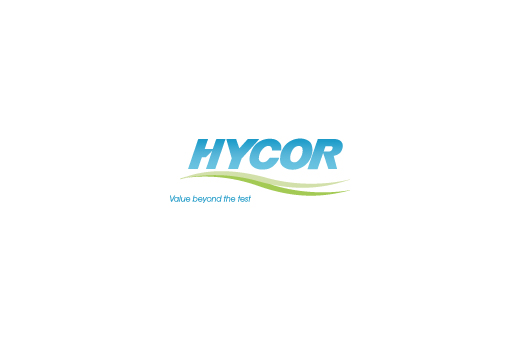Anti-TPO
Anti-TPO antibodies are characteristically present in the serum of patients with goitrous and atrophic thyroiditis or primary thyrotoxicosis. They are also found at lower levels in sera of patients with other thyroid diseases. The highest concentrations occur in patients with the ‘fibrous’ and oxyphil varients of Hashimoto’s goitre, whereas the juvenile forms of this disease are usually associated with lower levels.
High levels are also common in primary myxoedema. Almost 100% of patients with these diseases or with Hashitoxicosis have anti-TPO, anti-Thyroglobulin antibodies or both. A small number of Graves’ disease patients produce these antibodies but at lower levels. As the two autoantibodies vary independently of each other, and many patients have only anti-TPO antibodies (fewer have only anti-Thyroglobulin antibodies), it is recommended that both types are measured. Anti-Thyroglobulin tests are also available in the AutostatII range from Hycor Biomedical.
The AutostatTM II assay for detection of autoantibodies is a solid phase immunosorbent assay (ELISA) in which the analyte is indicated by a colour reaction of an enzyme and substrate. The AutostatTM II wells are coated with purified antigen.
On adding diluted serum to the wells the antibodies present bind to the antigen. After incubating at room temperature and washing away unbound material, horseradish peroxidase conjugated anti-IgG monoclonal antibody is added, which binds to the immobilised antibodies.
Following further incubation and washing, tetra-methyl benzidine substrate (TMB) is added to each well. The presence of the antigen-antibody-conjugate complex turns the substrate to a dark blue colour. Addition of the stop solution turns the colour to yellow.
The colour intensity is proportional to the amount of autoantibodies present in the original serum sample.

